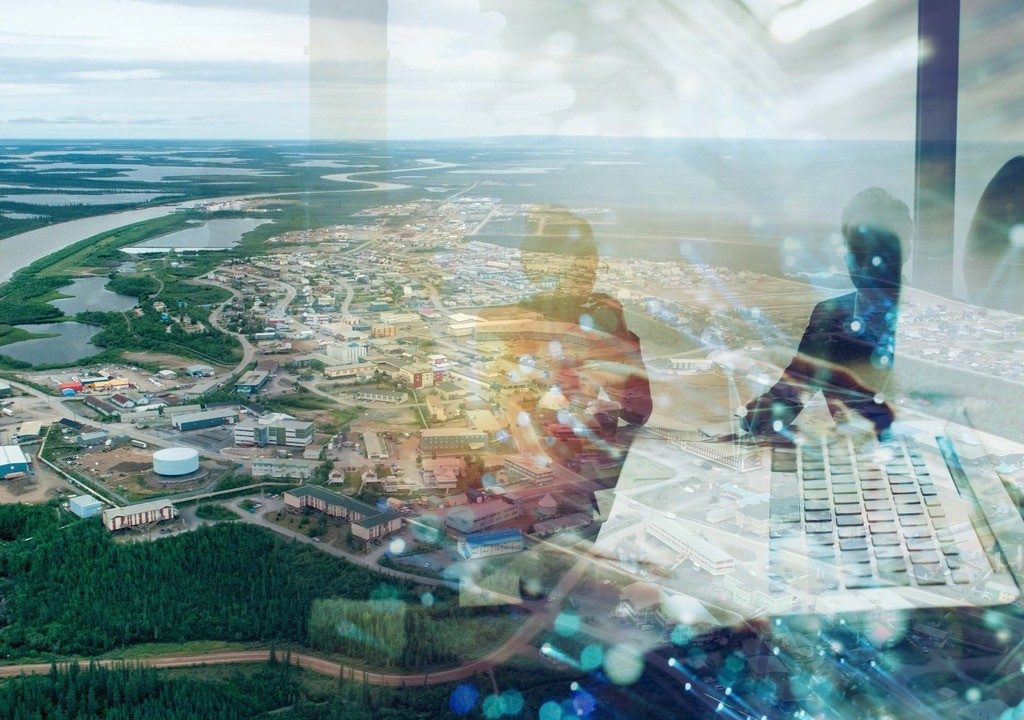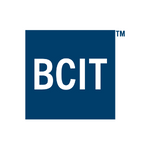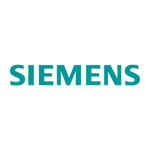
Virtual Clean-Energy Training Platform for First Nations Communities
Empowering Indigenous communities with clean energy and digital skills
Project Overview
Updated January 15, 2024.
The Problem
Indigenous communities in Arctic Canada have long relied on diesel plants to provide heat and power for their communities. These communities are only accessible a few months a year and therefore have to import large amount of diesel in the summer and store it in fuel tanks for use throughout the year. Given the difficulty to access these communities, power plants and their supporting components (including fuel storage tanks) are serviced infrequently, resulting in inefficient plant operation and thus excessive toxic fumes, as well as diesel leakage into the environment, both of which pose critical health issues for the community. Transitioning away from diesel and other fossil fuels to clean energy has never been more important for these communities.
How We Are Solving It
In response, British Columbia Institute of Technology (BCIT) and Siemens Canada have joined forces with Lutsel K’e First Nation’s wholly owned subsidiary Denesoline to design and deliver an online career training program in the Northwest Territories called Virtual Clean-Energy Training Platform for First Nations Communities
Over three months, the project team will train and certify 12 members of the community to operate and maintain the new Lutsel K’e Clean Power Plant. The project also has potential to provide similar support to 25 other Indigenous communities and mining operations in the surrounding area that are also moving away from diesel fuel in favour of clean energy.
The project will create high-paying digital jobs, improve quality of life and accelerate economic development in remote and underserved communities. The trainees will get to know the technologies and components involved in clean energy power plants, operational and management guidelines, and best practices in upkeep and troubleshooting.
Using BCIT’s experiential learning tools, the project team will pilot a new platform for virtual, hands-on training on clean energy microgrids, as well as other forms of high-tech infrastructure. The consortium will create a digital version of training infrastructure which learners can access remotely with a standard computer, keyboard and mouse, navigating the virtual system as if it were the actual microgrid. Trainees can operate the system remotely, activating functions in real time. This means users can gain hands-on experience in a safe, low-risk environment without leaving their community.
This training program could be localized for other remote communities in Canada, focusing on digital skills required for the maintenance and operations of clean energy power plants, water and sewage treatment facilities, pipeline pumping stations and cellular communications systems.
Project Lead
Project Partners
-

“BCIT is honoured to be partnered in this ground breaking project that empowers Indigenous communities with vital training in the clean energy trade and is helping Canadian communities transition to greener fuels. Fulfilling work on our own important BCIT sustainability vision, this bold initiative connects education, industry, and government to power economic recovery and resilience in our province.”
President, BCIT Read the News Release -

“As the business development arm of the Lutsel K’e Dene First Nation’s (LKDFN), Denesoline Corporation will help facilitate the training of community members by providing students with a boardroom, internet services, study supplies (laptop, pen, papers, books etc) and other key areas of support. Denesoline Corporation aims to make Lutsel Ke the model remote community in green energy and environmentally friendly practices. We will provide the stakeholders in this project with decisive and effective Band Council Resolutions for community and infrastructure development on the LKDFN’s ancestral lands.”
Innovations Manager, Denesoline Corporation Learn about Denesoline Corporation


